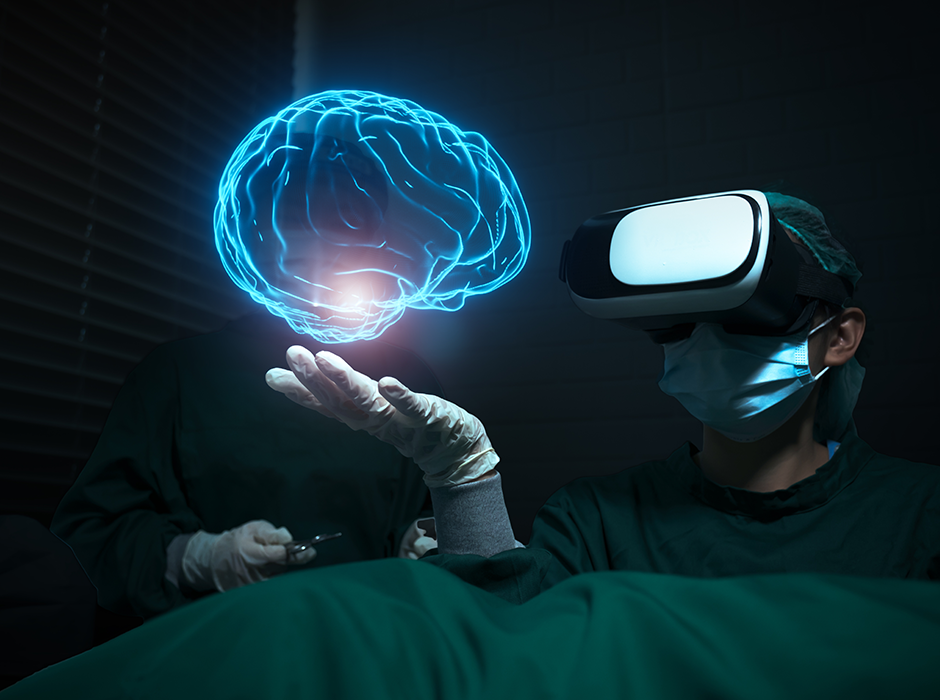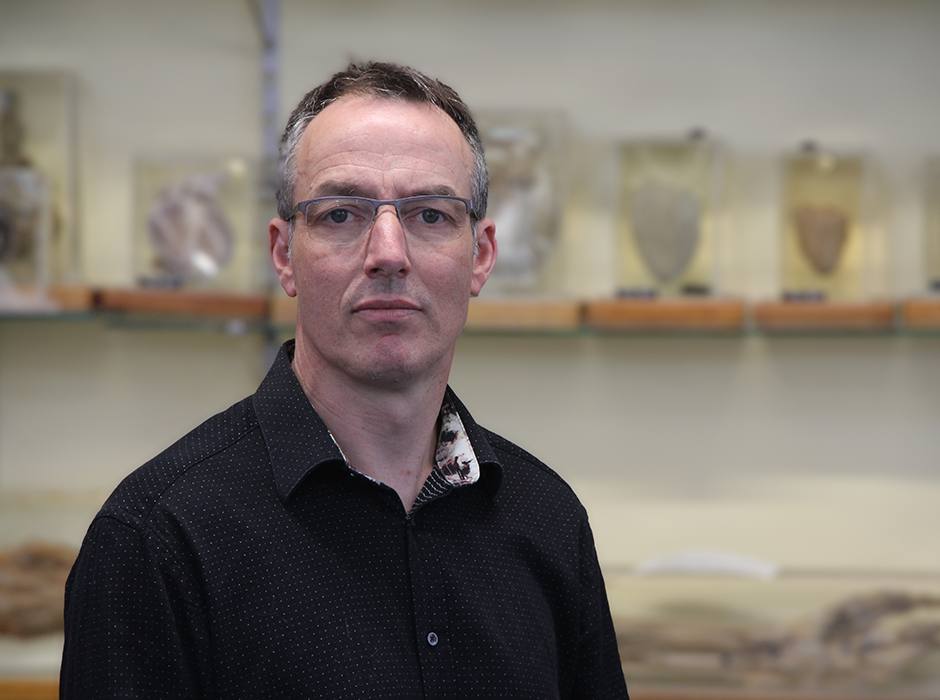
Extended reality technologies potentially bring ethical challenges in the field of anatomy.
An Otago academic will play a key role in a multi-million dollar international project to train doctoral candidates in the development of cutting-edge digital technologies in anatomy.
Otago Medical School Senior Lecturer Dr Jon Cornwall is a partner in the project, which in August was awarded €$2.4 million from the European Union’s flagship funding programme for doctoral education and postdoctoral training of researchers – the Marie Skłodowska-Curie Actions (MSCA) programme. MSCA is part of Horizon Europe, the EU’s key funding programme for research and innovation.
“It’s a privilege to be invited to be a partner and to contribute to such an exciting educational initiative,” Dr Cornwall says.
The funding has been awarded specifically by MSCA’s Doctoral Networks. The Doctoral Networks’ scheme aims to train entrepreneurial, innovative and resilient doctoral candidates who can face current and future challenges and convert knowledge and ideas into products and services for economic and social benefit.
The four-year project, which starts next year, is being led by Professor Evie Vereecke from Katholieke Universiteit Leuven in Belgium. It involves 12 partners, 10 based in Europe, one in Canada and Dr Cornwall.
The project will take 10 doctoral candidates and train them in the development of extended reality technologies for application in anatomical sciences. Extended reality is an umbrella term for any technology that alters reality by adding digital elements to the physical or real-world environment, and includes augmented, mixed and virtual reality platforms.

As part of this international doctoral training project, Dr Cornwall will be posing tough questions around the ethics of working with anatomical images or representations in a digital technology setting.
Dr Cornwall says the project will involve developing appropriate ways to use and incorporate new technologies, and also look at what this will mean for teaching anatomy in the future. This means the candidates will be developing some cutting-edge technologies, as well as being trained to apply these appropriately.
Dr Cornwall’s role will be to deliver content and guidance around ethics in anatomy to ensure candidates are appropriately skilled in understanding and making decisions around ethical practice and technology development.
He was recruited because of his interest and expertise in ethics and the application of novel technologies in the field of anatomy.
“As new technologies are introduced, we need to be able to answer questions such as, where do anatomical images or representations used in new technologies come from, what consent process was used to acquire them and what does an ‘ethical sourcing’ of images or representations look like?” Dr Cornwall says.
The 10 doctoral students, who will not necessarily have a medical or biomedical background, will be based in specific European universities. They will attend courses and receive ongoing training together throughout the four-year programme. This will include meeting face to face for four-day workshops twice a year with all the research and education partners.
- Kōrero by Andrea Jones, Team Leader, Divisional Communications